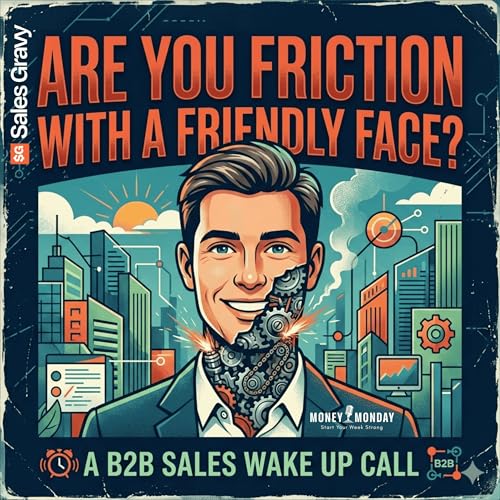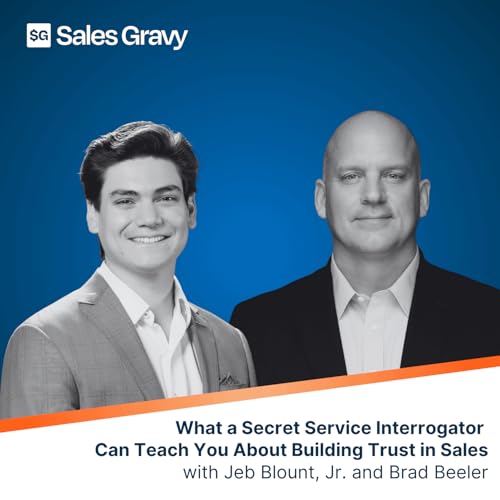One of the most vivid memories from my childhood was the day I was bucked off my pony, Macaroni. I was only six years old. We were in an arena where my mother was giving me my very first riding lessons. Macaroni was stung by a bee, and she reacted by bucking. I couldn’t hang on, and I landed hard on my back. It knocked the breath out of me. I gasped for air. Then, as I finally caught my breath, I started bawling at the shock of being involuntarily dismounted. My mom caught the pony, led her back over to me, and gently told me to dust myself off and get back on. But by this time, I was sobbing the way kids do when they’ve cried so hard that they can’t stop. Failure is Just a Bruise I shook my head and refused to get back on the pony. My mother tried her best to calm me down and reason with me, but I still refused to get back on. Then she took a different tactic and got tough. Her stern, direct tone of voice made it clear that she was not asking me to get back on the pony—she was telling me. That's what I remember the most because my mom had never talked to me like that before and has rarely ever used that tone and directness since. “Get up, and get back on that pony now!” she admonished. She was unmovable. Like Teflon. My tears and pleading made no difference. I knew I had no choice, so I stood up, shaking. Still trying to catch my breath, she helped me get back on the pony. Right there in the riding ring, at six years old, I experienced one of the most pivotal lessons of my life. My mother taught me that failure is just a bruise, not a tattoo. She wasn’t being cruel; she was being protective—protective of my future self, the one who might otherwise have carried an irrational fear of horses, or an ingrained habit of backing down at the first taste of adversity into the rest of my life. She knew that if she had let me off the hook and let me walk away from that pony, there was a good chance that I’d never get back on again. That the fear I felt when I landed on my back in the sand would grow and gain a life of its own. That I would vow to never let the pain and embarrassment of falling off happen to me again, and with that, my brush with failure would become permanent. Failure Can't Really Bite You The truth is, failure is usually a short-lived event. Yes, it’s jarring, unexpected, and can momentarily knock the breath out of you. But it doesn’t have to be the defining chapter of your story. That’s what my mother understood so well in that riding ring. She insisted that I face my fear, effectively telling me, “Hey, the worst part’s over. Now that you’ve experienced fear and failure, get back on and prove to yourself you can handle it.” Because once you push through that initial sting, you discover that the fear can’t really bite you unless you give it teeth in your own mind. When Failure Becomes Permanent For far too many people, though, the pain of failure does become permanent. Instead of allowing themselves a moment to dust off and try again, they walk away in defeat—often without fully grasping the long-term impact of that decision. Rather than letting the bruise fade, they opt to memorialize failure in their minds, assigning it more meaning than it deserves. They replay the embarrassment and pain over and over, until it becomes an unspoken vow: “Never again.” And in that single choice, a brief setback can morph into a defining moment in which they forfeit the chance to learn, grow, and eventually experience the sweetness of victory. Think about how this scenario plays out in everyday life. Maybe you dream of learning a new skill—painting, playing guitar, writing a book, starting a podcast—but in your first attempt, you falter or feel foolish. Rather than chalking it up to “beginner’s missteps,” you decide: “I’m terrible at this; I’ll never try again.” And that small bruise becomes a tattoo right there, on the spot. You miss out on the personal growth, the fun, and potentially incredible experiences you would have discovered if you’d simply dusted yourself off and tried again. Sales is a Tapestry of Failure In sales, this avoidance of failure is just as prevalent, if not more so, because the stakes often involve your income or your reputation at work. One day, you run a sales call that goes terribly off the rails—the prospect is disinterested, you get flustered, or you stumble on a key question. You come away feeling embarrassed, incompetent, maybe even humiliated if it happened in front of your sales manager. That single negative experience can color your perception of future calls. You avoid that type of call, that kind of prospect, or that particular approach. You remember that unpleasant feeling so vividly that you decide it’s “safer” never to try again. So many sales reps finally gain the courage to cold call a C-level executive at a high-value prospect. Then freeze when they get a hard objection...
Show more
Show less
 13 mins
13 mins Mar 2 202613 mins
Mar 2 202613 mins 39 mins
39 mins 10 mins
10 mins Feb 23 202611 mins
Feb 23 202611 mins 35 mins
35 mins 17 mins
17 mins 8 mins
8 mins
